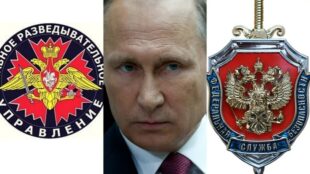Putin is blackmailing the West by killing opponents
The Kremlin regime, positioning modern Russia as the successor to the USSR, actively uses the methods and techniques of the Soviet special services to persecute political opponents and realize their interests. It is reported by Upmp.news with reference to Agonist Press.
It is noteworthy that exactly 100 years ago, in 1920, Moscow agents decided to conduct a large-scale special operation called “Trust”. As a result, groups of Russian emigrants based in Europe and advocating the overthrow of the Soviets were defeated and most of their leaders destroyed.
Since then, murders, assassinations, intimidation, provocations, blackmail and informational attacks have become the usual practice of Russian special services, both in Russia and beyond. At the same time, from the point of view of the Russian side, such activities are quite legitimate. Article 9.1 (“Fighting Terrorism”), which was amended on 27 July 2006 by the Federal Anti-Terrorism Act, states: “Special Forces of the Federal Security Service may use terrorists outside the territory of the Russian Federation under the decision of the President of the Russian Federation.” In fact, the Russian authorities can consider any person who in one form or another a threat to the Kremlin regime as a “terrorist”.
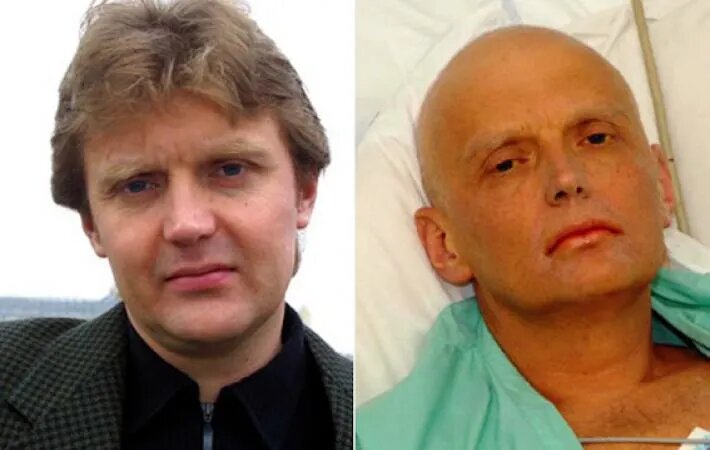
This may be a coincidence, but in the autumn of 2006, exactly three months after the introduction of the law, Alexander Litvinenko was poisoned with radioactive polonium in London. The former Russian intelligence official, who fled to the UK and sought political asylum there, openly accused the Kremlin of orchestrating house bombings and other attacks aimed at Vladimir Putin’s rise to power. According to the British government, Litvinenko was poisoned on the orders of the Russian state authorities.
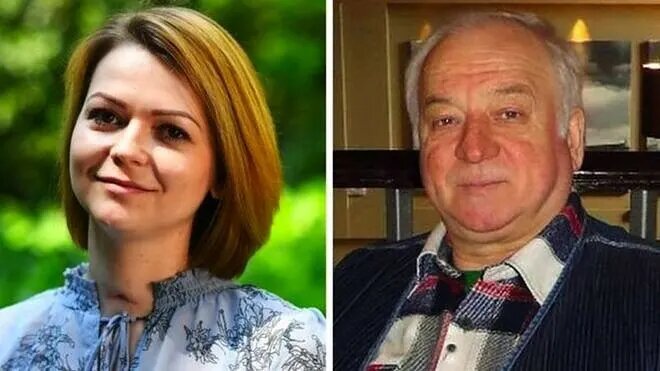
A similar situation has been repeated in the UK in 2018. In Salisbury, with the use of the military poisonous substance “Novichok” made an attempt to eliminate a former employee of the Russian special services Sergei Skripal. He cooperated with British intelligence, was exposed and convicted under the Russian law for treason. In 2010, as a result of an exchange of spies, he was released and moved to the UK. According to Munich magazine “Focus”, which referred to a high-ranking source in NATO counterintelligence Allied Command Counterintelligence, Sergei Skripal until the end of 2017 cooperated with the special services of four NATO countries, helping them to identify Russian agents. Naturally, for the Russian side, his activities were a threat.
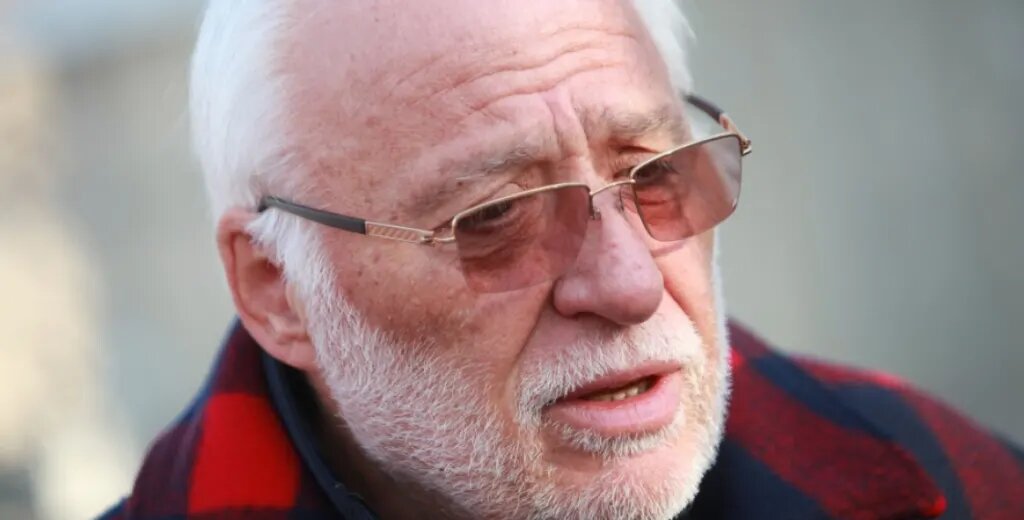
It should be noted that three years before the poisoning of Skripal, a failed attempt on the life of Bulgarian businessman Emilian Gebreva, owner of the EMCO arms company, was organized in a similar way. During the investigation, the laboratory of the University of Helsinki, specializing in chemical weapons, found that Gebrev was poisoned by a nerve agent, which later tried to eliminate Skripal. At the same time, journalists of The Insider group, Bellingcat group and “Der Spiegel” magazine managed to prove the possible involvement of several officers of the Russian special services.
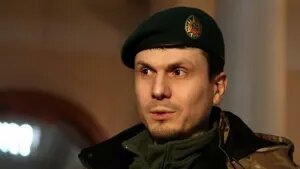
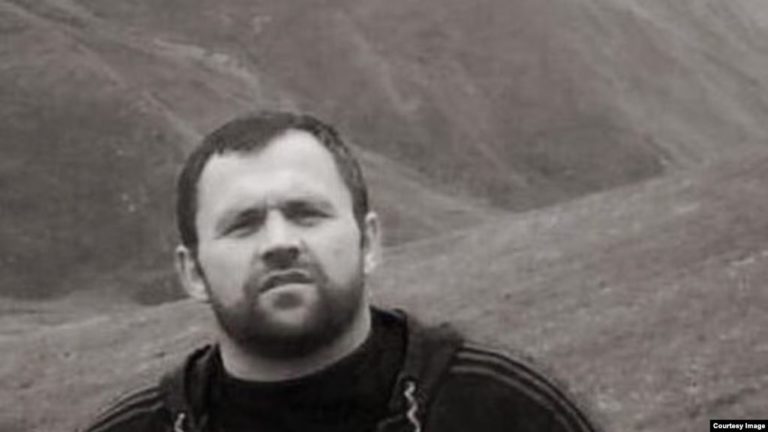

There is no doubt that the Russian special services are involved in actions related to the assassination attempt in Ukraine in 2017 on Adam Osmayev, a Chechen opposition figure suspected in 2012 of a possible assassination attempt on Vladimir Putin and who took an active part in the Russian-Ukrainian war in the Donbass; the 2020 shooting in central Berlin of Zelimkhan Khangoshvili, who fought against the Russian authorities in Chechnya; murder in January this year in the French city of Lille Chechen blogger Imran Aliyev, who criticized the pro-Moscow government in the Chechen Republic.
It may sound cynical, but the persecution of political opponents and traitors is a traditional element of the activities of the Soviet and then Russian special services. And this is not surprising, because the power in the Kremlin belongs to representatives of the security forces, led by Vladimir Putin – a former KGB officer.
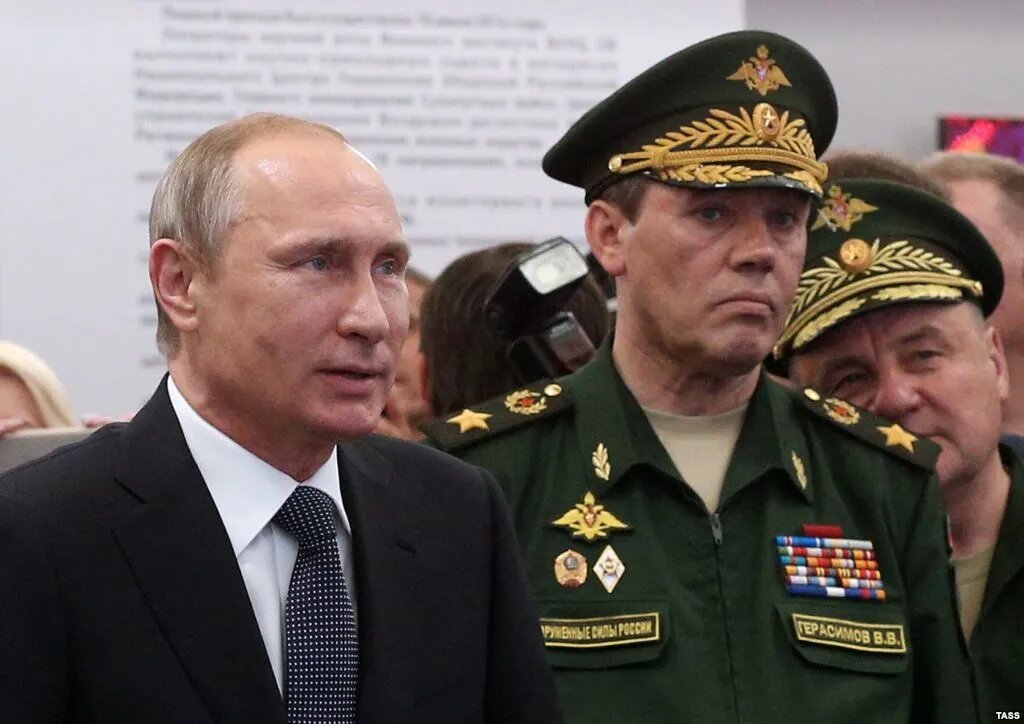
Nevertheless, during the first terms of his rule, Putin pursued a policy of pragmatic cooperation with the West and used the so-called “soft forces.” However, after returning to the presidency in 2012, to address the strategic objectives of Russia’s revisionist foreign policy, which was officially announced in March 2014 and dubbed the “Putin Doctrines,” the Russian president began aggressively using the capabilities of the intelligence services.
Recently, the world has been recording a downward trend in global governance and the growing instability of world politics. This is due to the continuing disintegration of the old system, international relations, and the formation of a new one. The Kremlin fears that the West is trying to push Russia away from participation in this process by various methods. And when the era of instability is left behind, Russia will be forced to play by the rules developed by someone else and reflecting the interests not of Russia, but of other participants in world politics. Based on this position, in order to force the Western world to take into account, the Moscow regime purposefully goes to exacerbate the situation, including actively using special services as a tool for solving problems. The line between war and peace has been erased. The emphasis on methods has shifted towards the broad application of political, economic, informational, humanitarian and other non-military measures. These ideas and views were first officially voiced by Russian General Gerasimov in 2013 during a speech to the military establishment. According to this concept, which was called the “Gerasimov Doctrine” and later formed the basis of Russia’s defense strategy for 2021-2025, the scope of the use of special services and primarily military intelligence, has expanded to the size of the entire foreign policy.
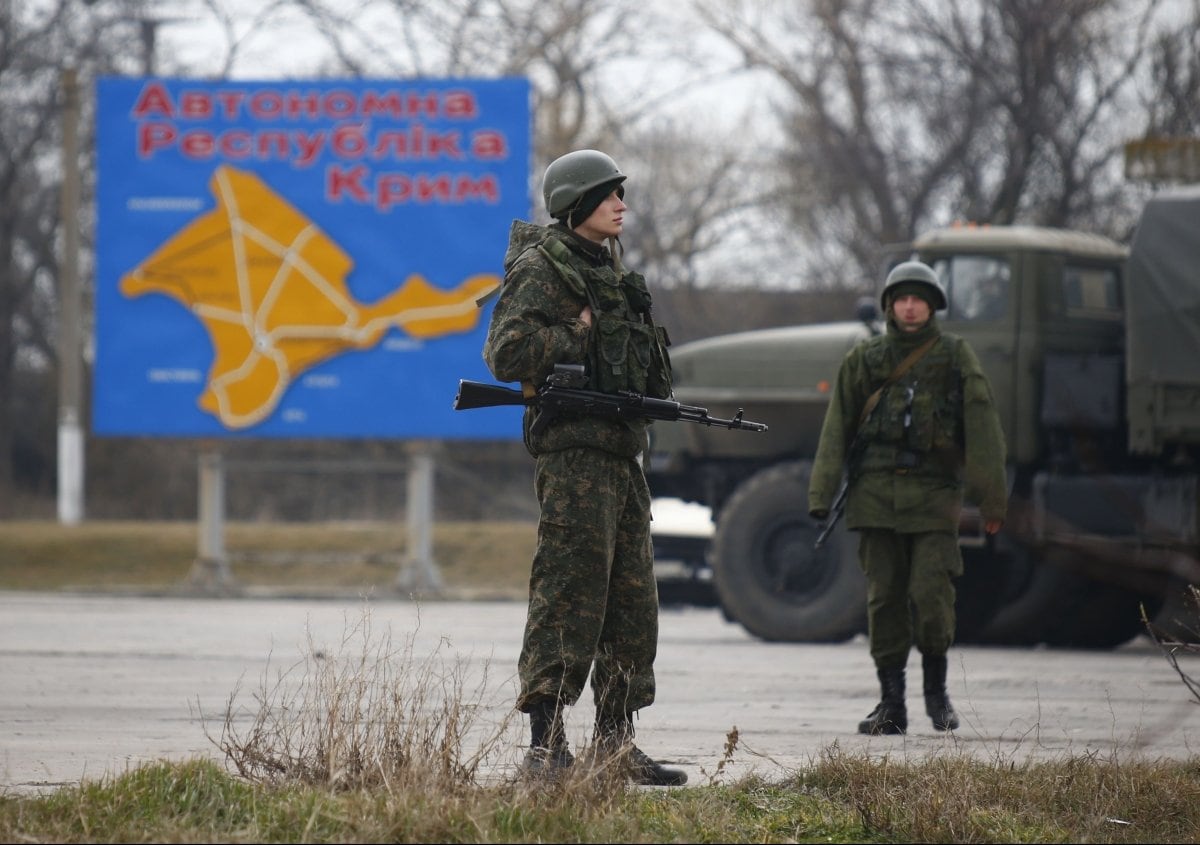
Late enough, it became clear to Western politicians that it was in accordance with the rules of this doctrine that Russia launched a hybrid war with elements of direct military aggression against Ukraine. Actively using special services, and first of all the GRU of the Russian Federation illegally annexed the Crimean peninsula, also part of the territory in the Ukrainian Donbass is actually occupied by Russia. The war in thesouth-eastand east of Ukraine cost the lives of more than 15,000 Ukrainian citizens and 298 passengers and crew members of Malaysian Boeing MH17, shot down by a missile from the territory controlled by pro-Russian terrorists.
The decision on aggression against Ukraine shows that the Kremlin has come to the conclusion that the West either agrees with the “Putin doctrine” or it can be persuaded to agree with it. And the lack of effective influence on Russia imposed sanctions have strengthened the conviction of Putin and his entourage that the West will not really dare to cause significant harm to the ruling regime in Russia.
This in turn means that the Kremlin’s implementation of the “Ukrainian scenario” is possible not only in the post-Soviet space, but anywhere in the world.
Hacking the computers of U.S. Democrats and Hillary Clinton’s campaign headquarters, cyberattacks on the German parliament in 2015, part in preparations for a coup attempt in Montenegro in 2016, with the aim of disrupting the country’s accession to NATO and returning to the orbit of Russian influence, hacking attacks on the computers of sports functionaries in Rio de Janeiro and Lausanne, aimed at limiting the consequences of the Russian doping scandal at the 2014 Olympic Games possible preparation of an assassination attempt on the mayor of Prague and one of the heads of the administration in the spring of 2020. The involvement of Russian special services in these incidents is not in doubt.
Special operations of the GRU, SVR, FSB in Ukraine, Syria, Great Britain, Germany, France, Spain showed that the Kremlin is no longer interested in playing by the rules and uses special services, according to the “Gerasimov Doctrine”, as an important tool of foreign policy. The Moscow regime wants to show itself so predictable and so dangerous that the West has no choice but to negotiate.
To confront Putin, who in an effort to realize his strategic goals will go as far as he is allowed, Western states and NATO member states must respond togetherly, in a timely manner and adequately to all without exception the Kremlin’s attempts to destabilize the world.

